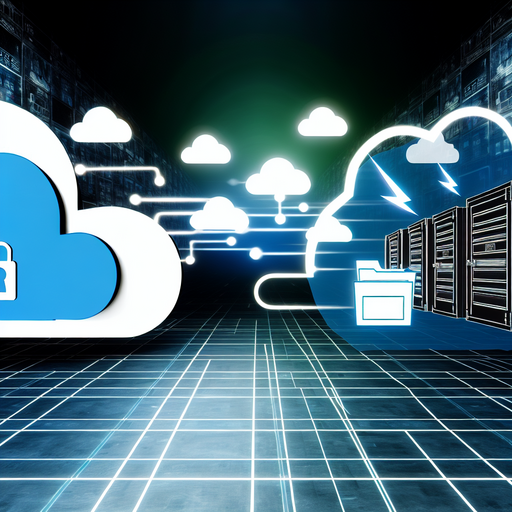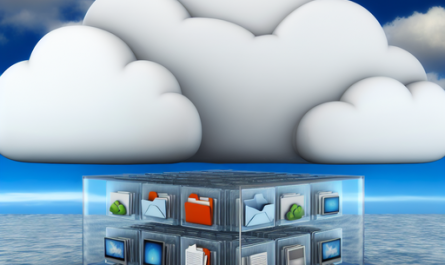In today’s digital age, cloud storage has become an essential tool for individuals and organizations alike. With the ability to access files from anywhere with an internet connection, cloud storage services have revolutionized the way we work and collaborate. Two popular options in the cloud storage market are Nextcloud and Dropbox. In this article, we will compare these two services in terms of features, security, pricing, and more to help you determine which one is the best fit for your needs.
Features:
Get Nextcloud with 1 TB of storage for just up to €3.99 per month.
Try it now for one month free and risk-free.
Nextcloud is an open-source cloud storage platform that allows users to store, share, and sync files across multiple devices. It offers a wide range of features, including file sharing, calendar and contact syncing, video conferencing, and more. Nextcloud also supports end-to-end encryption, giving users greater control over their data’s privacy and security.
Dropbox, on the other hand, is a proprietary cloud storage service that also provides file sharing and syncing capabilities. Dropbox offers features such as file recovery, collaboration tools, and integration with third-party apps. One of Dropbox’s key features is its „Smart Sync“ feature, which allows users to access files on their computer without taking up local storage space.
Security:
When it comes to security, Nextcloud has the edge over Dropbox. Nextcloud offers end-to-end encryption for files, meaning that data is encrypted on the user’s device before it is uploaded to the Nextcloud server. This ensures that only the user has access to their data, even if it is intercepted during transmission. Additionally, Nextcloud allows users to host their servers, giving them full control over their data’s security and privacy.
Dropbox, on the other hand, offers encryption at rest and in transit, but not end-to-end encryption. This means that Dropbox can potentially access user data, raising concerns about privacy and security. While Dropbox has implemented security measures such as two-factor authentication and file recovery options, some users may prefer the added security of Nextcloud’s end-to-end encryption.
Pricing:
Nextcloud is a self-hosted platform, meaning that users have the option to host their servers or use a provider that offers Nextcloud hosting services. Pricing for Nextcloud hosting varies depending on the provider and the amount of storage and features required. Some providers offer free plans with limited storage and features, while others offer paid plans with more storage and advanced features.
Dropbox, on the other hand, offers a range of pricing plans starting from a free basic plan with 2GB of storage to a business plan with unlimited storage and advanced collaboration tools. While Dropbox’s paid plans are more expensive compared to Nextcloud hosting services, they may be more suitable for individuals and organizations looking for a convenient and hassle-free cloud storage solution.
Overall, both Nextcloud and Dropbox offer valuable cloud storage solutions with unique features and benefits. Nextcloud excels in terms of security and privacy, thanks to its end-to-end encryption and self-hosting options. Dropbox, on the other hand, offers a user-friendly interface and convenient features such as Smart Sync. Ultimately, the choice between Nextcloud and Dropbox will depend on your specific needs and preferences. Whether you prioritize security, flexibility, or convenience, both Nextcloud and Dropbox have something to offer.



